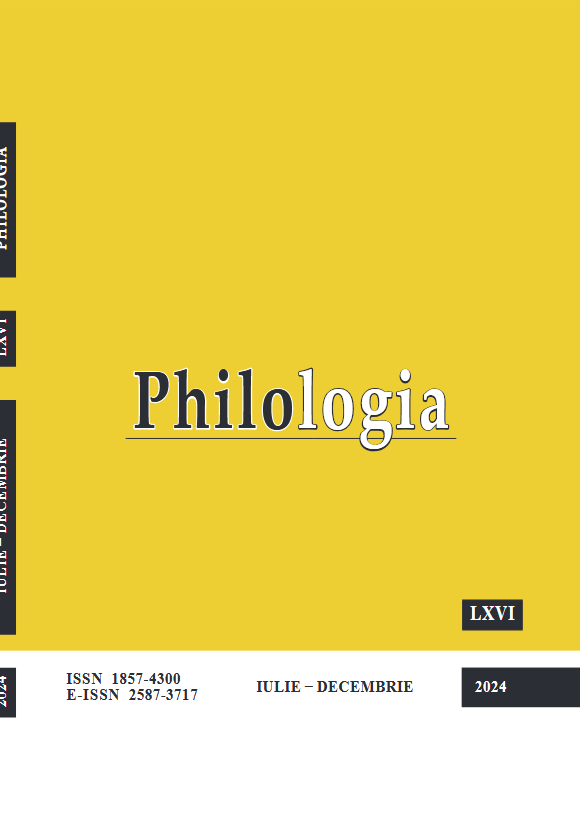Abstract
The crisis of authority, which arose in modernism with the symbolic declaration of the „death” of God, overturns the old theoretical and literary mechanisms. Supreme authority is replaced by supreme freedom, represented by authenticity. The aim of this article is to briefly outline some of the philosophical ideas that have formed, over time, a common vision (or several visions that communicate with each other) of what authenticity means in literature. The focus is on authenticity in the relationship between author and text, which involves the production of the text and the author’s attitude to the process of artistic creation. Excluded here is the subject of authenticity in the reader’s interpretation of the text. Addressed briefly are some of the central ideas on authenticity of three philosophers: Edmund Husserl, Martin Heidegger and Jean-Paul Sartre and the influence of their philosophies on the writers’ attitudes toward the literary text.

